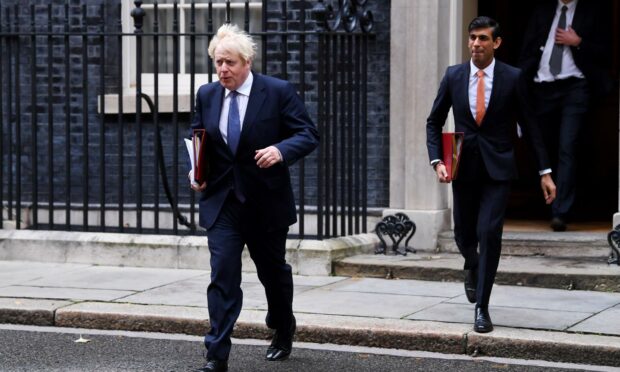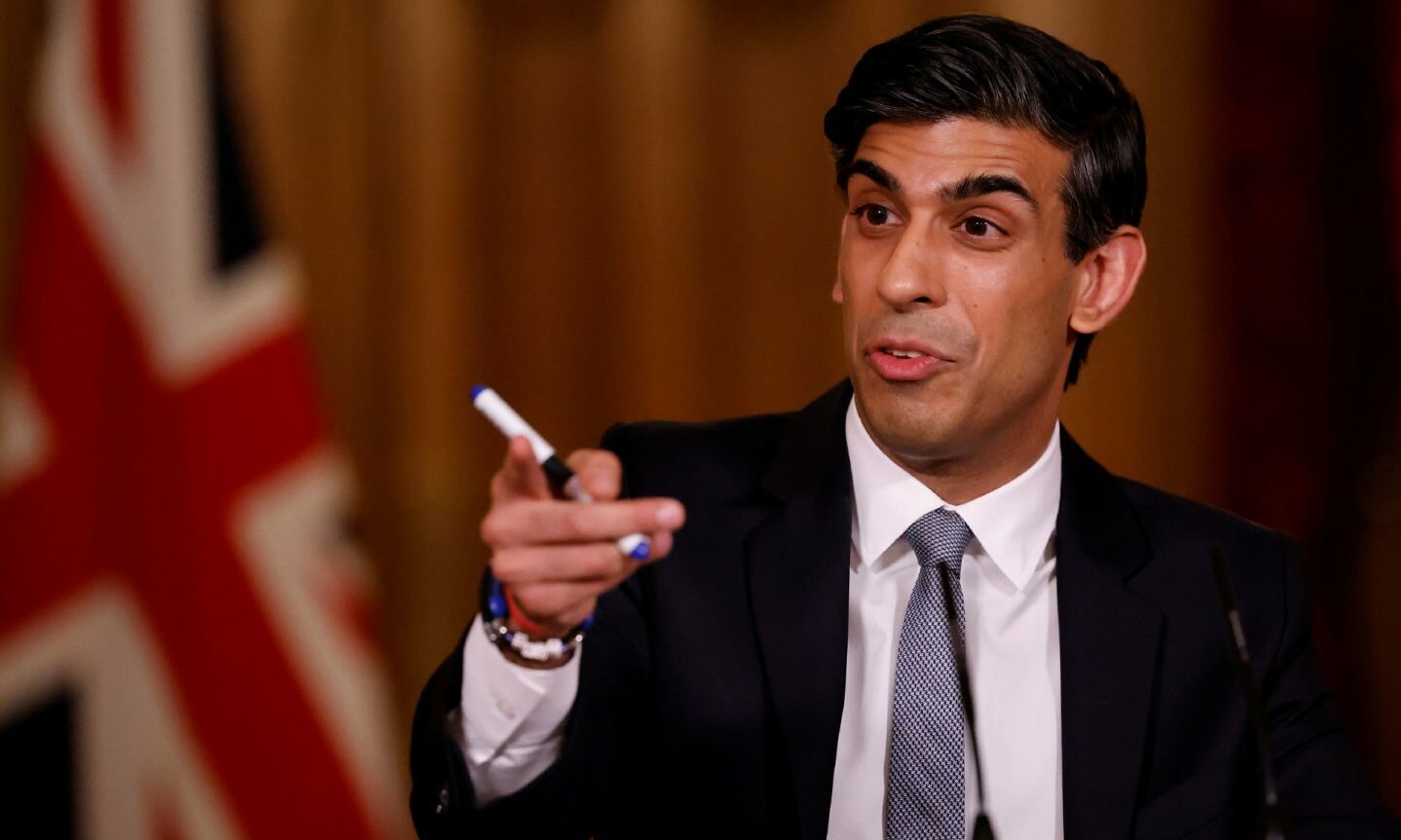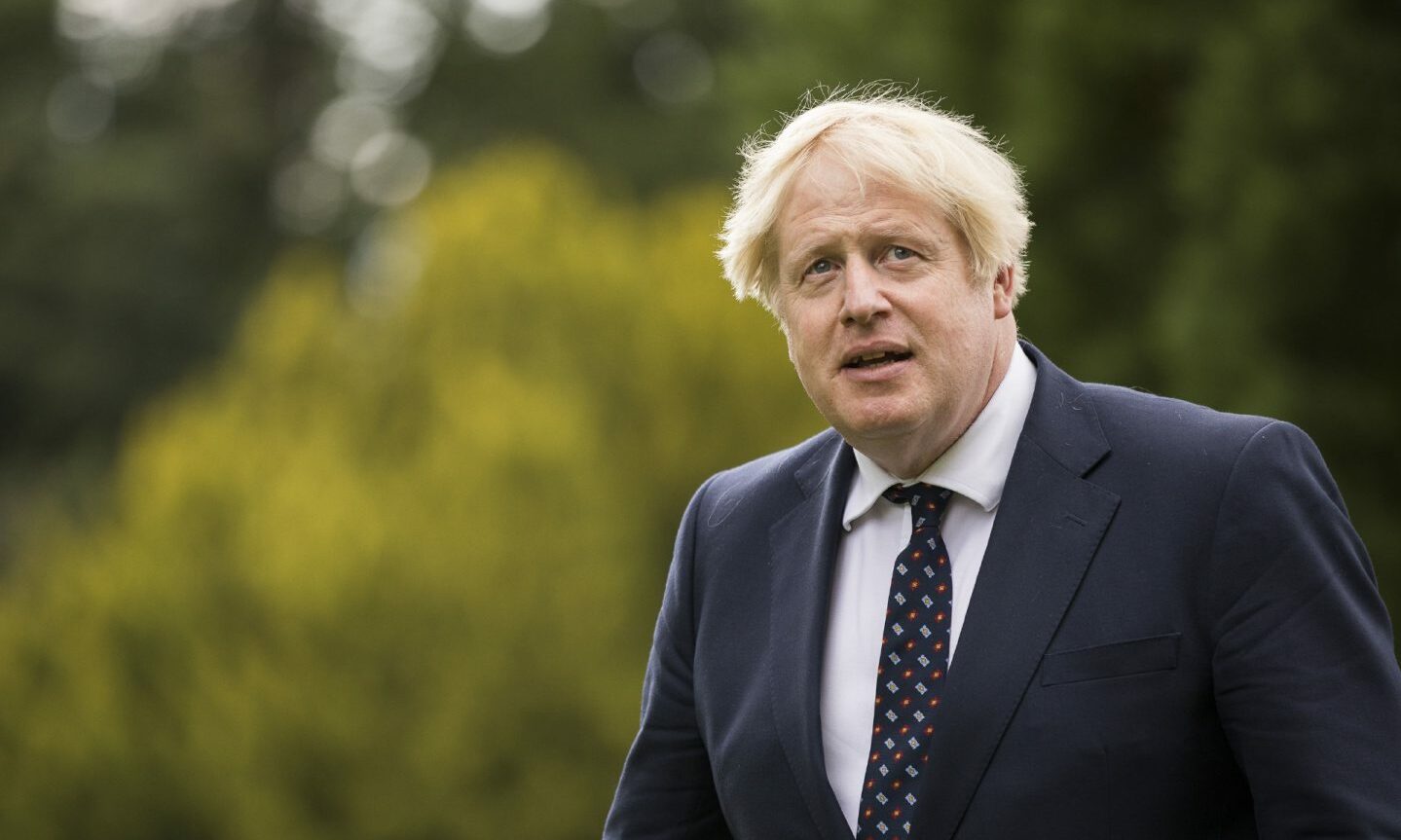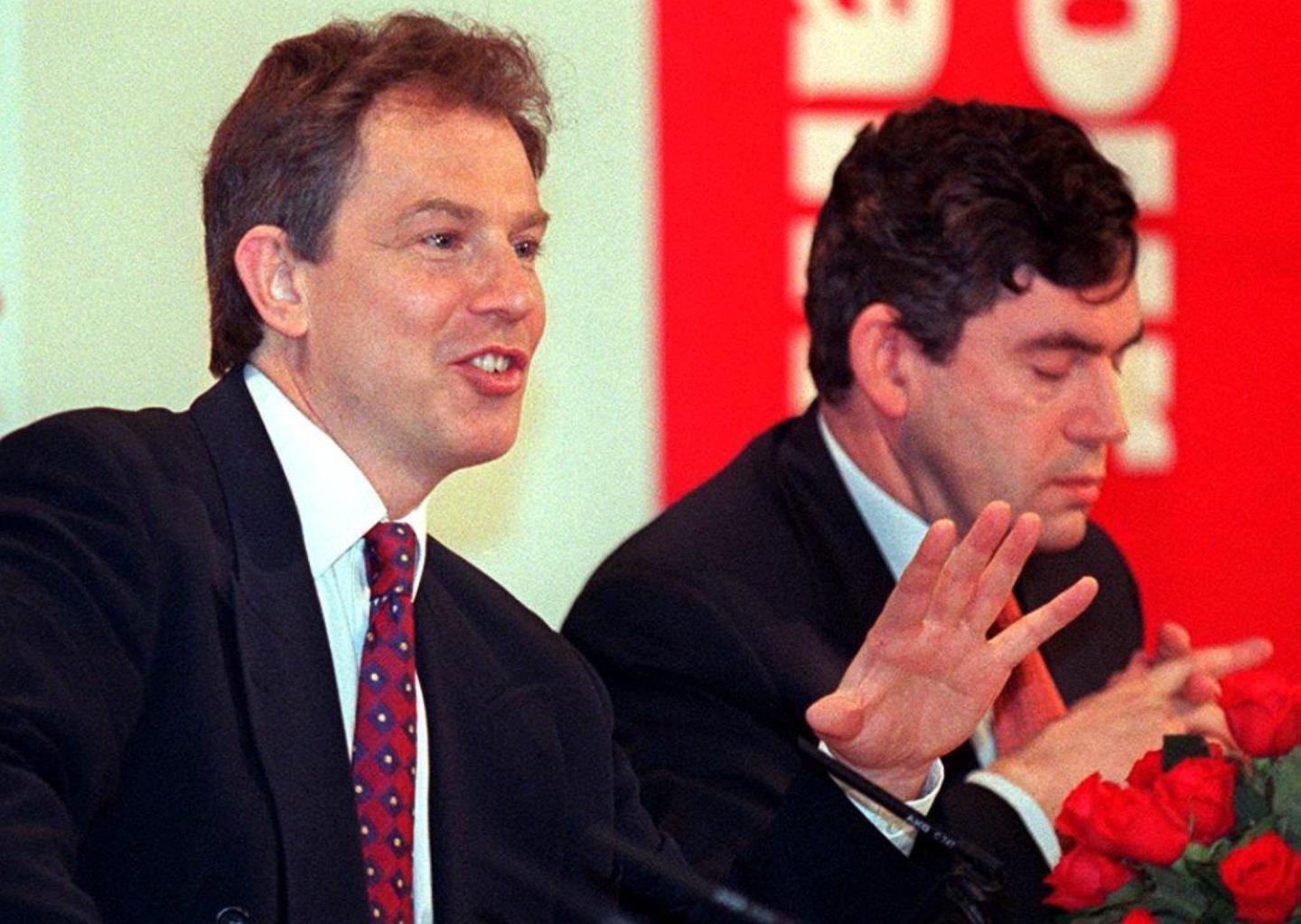Rumoured reports of a rift between Boris Johnson and Rishi Sunak, with the prime minister considering demoting the chancellor to health secretary, likely surprised very few people.
Apart from the inherent tensions between the two offices – with the chancellor often Mr Bad Guy, raising taxes when the PM wants to bask in public support – Boris isn’t exactly Mr Loyalty. It’s OK for him to break rules, it seems, but not anyone else.
There was his withdrawal of the whip from 21 MPs, including grandees like Nicholas Soames, Kenneth Clarke and Philip Hammond, and his sacking of Sajid Javid when he wouldn’t agree to all his special advisors being chosen by Number 10.
But here’s the thing. The prominence of the story – on what was basically just a piece of tittle-tattle: I’m sure every prime minister has moments where they consider moving ministers hither and yon – shows how the media creates its narratives.
Politicians are always at each other’s throats, especially if they’re on the same side. “The opposition occupies the benches in front of you, but the enemy sits behind you”, as Churchill said.
Sunak is the most liked cabinet minister
Boris might have made Rishi chancellor, but it would be folly to expect gratitude. Politicians are suns, not moons. They expect everyone to orbit around them.
When it comes to the Boris and Rishi conflict, what we’re seeing is not so much Sunak making a bid for pre-eminence; that goes without saying. It is more the case that the papers are very open to his cause. He is, it’s true, the most liked cabinet minister, with a 42% popularity rating according to the latest YouGov polling (compared to Boris on 34% and Priti Patel on 28%) – but it’s doubtful if he’s really made a success of being in Number 11.
So why the willingness to build up a man who has only been a cabinet minister for three years? The simple reason is that newspapers hear a lot of gossip which they can’t publish: it would give away their sources, or there’s no particular news hook to it. But journalists talk to MPs, cabinet ministers, and civil servants. They hear how people behave, how they measure up.
Shouldn’t conflict be between Johnson and Keir Starmer?
The gossip about Boris has consistently been that he’s not up to being PM. He doesn’t do detail. He missed the early Cobra meetings on the coronavirus. He deliberately formed a weak cabinet so that they would be client ministers, grateful to him, rather than strong team who might offer a challenge. He is careless about ministerial standards and even less considerate on the question of who pays his bills.
Usually an opposition party would be leading in the polls by now, according to the normal electoral cycle, but Labour are around five points behind and hardly look like a government in waiting
Similarly, the talk from those around him is that, while Boris wanted to be prime minister and looks forward to earning opportunities from having been in that position, he doesn’t particularly enjoy having the top job. It’s too much like hard work.
So the buzz around Sunak is not because he is an outstanding chancellor, or that his rivalry with Boris is so deadly. It’s just that the media is building up someone to undermine the prime minister. They know Boris simply isn’t up to the job, and that he has little support within the Conservative party, and that sooner rather than later he will come a cropper.
But promotion of the Sunak story also begs the question: why the emphasis on the conflict between chancellor and prime minister? Surely the overriding conflict should be between Boris and Labour leader, Keir Starmer?
Thanks to the Fixed-term Parliaments Act, Boris is safe as PM for nearly three-and-a-half years. Usually an opposition party would be leading in the polls by now, according to the normal electoral cycle, but Labour are around five points behind and hardly look like a government in waiting.
Reminiscent of the Blair-Brown rift
The obvious comparison is with the Tony Blair and Gordon Brown feud. At the time, the Tory party were nowhere – from 1997 to 2005, they had the fewest Westminster seats since the First World War – and so media interest naturally was more on strife between the prime minister and chancellor than on an opposition with zero chance of forming the next administration.
And so – with Brown’s connivance – the rivalry between Labour’s top two was built up. This suited the press, who had evidence of a split at the very top of what otherwise felt like an unassailable government (with a majority of 179), and so could sell papers on that basis.
It also suited Gordon Brown, who felt cheated out of the leadership, having for a long time been the senior partner in his relationship with Blair, and who was gratified by media interest in him. Somehow he did not realise that the interest was not in him, but in undermining Blair. The ego is a strange beast.
So we can expect to see more stories about Rishi Sunak. Of course, he’ll take this as proof of his great political skills. The political weather is moving in his direction, whether he wants it to or not.
The question is, how long will Boris’s electoral popularity hold up? It is the only real card he has to play, and there are plenty on his own side who will want to call his bluff.
Susan Urticant is a teacher from Aberdeen




